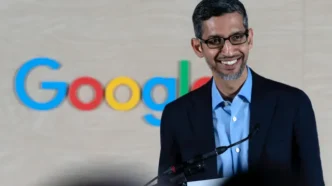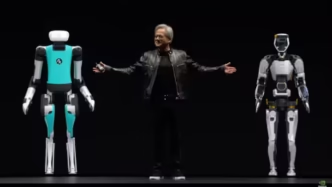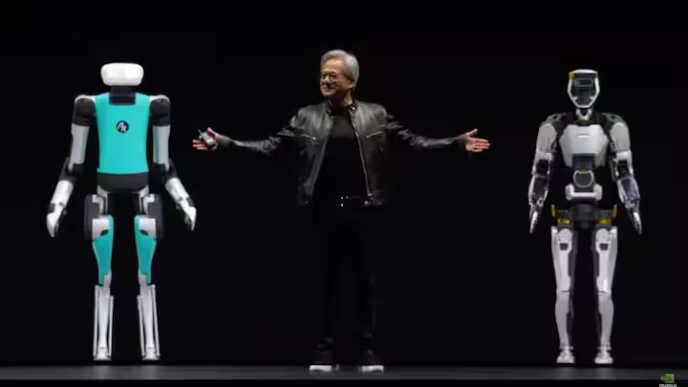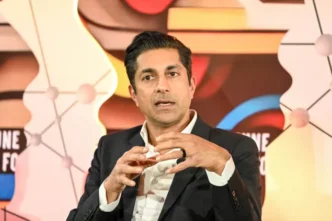Google is stepping up its healthcare game with a suite of new features designed to improve health information access and medical data management. Announced on Tuesday, these updates target both Google Search and Android, with AI-driven tools and APIs built to empower users and developers in the health space.
Smarter Google Search for Health Queries Now Covers More Topics
Google is expanding its health-focused features in Search, enhancing how people find medical information online. The company now uses advanced AI and ranking systems to boost its health knowledge panels, offering comprehensive overviews of thousands of health conditions.
Previously limited to common illnesses like the flu or colds, these knowledge panels will now cover a broader range of health topics. Additionally, Google is making these features more accessible by rolling out support for Spanish, Portuguese, and Japanese healthcare queries on mobile devices.
With this update, users can expect clearer, more reliable information when searching for health conditions — all presented in an easy-to-understand format.
New “What People Suggest” Brings Real-Life Health Experiences to Search
In a bid to capture the personal side of health journeys, Google is testing a new feature called “What People Suggest” on mobile devices in the U.S. This tool uses AI to gather and organize insights shared by people online about their experiences with various health conditions.
For example, if someone searches for exercises recommended for arthritis patients, this feature will surface user-generated content from forums and communities — providing first-hand advice beyond clinical facts.
According to Karen DeSalvo, Google’s Chief Health Officer, “People trust expert medical sources, but they also seek out personal stories from others who’ve walked the same path. With AI, we’re making it easier to access these diverse perspectives directly in Search.”
This move also subtly keeps users engaged within Google Search rather than turning to platforms like Reddit for relatable health advice.
Health Connect APIs: Bringing Medical Records to Android Devices
Google is also pushing healthcare integration further with new medical records APIs on its Health Connect platform for Android. These APIs enable apps to read and write sensitive medical information — such as allergies, medications, immunizations, and lab results — using the standardized FHIR format.
With this expansion, Health Connect now supports over 50 data types covering areas like activity, sleep, nutrition, vitals, and medical records. This makes it easier for users to sync data from healthcare providers and access their personal health information seamlessly across different apps and devices.
Pixel Watch 3 Gains FDA-Approved Pulse Loss Detection
In another major announcement, Google confirmed that the Pixel Watch 3 will soon feature Loss of Pulse Detection — a groundbreaking capability cleared by the U.S. Food and Drug Administration (FDA).
Launching by the end of March in the U.S., this health-focused feature is designed to detect life-threatening events such as cardiac arrest, respiratory failure, or overdose. If the watch senses a loss of pulse and the wearer is unresponsive, it will automatically alert emergency services — a potentially life-saving innovation.
Google’s New AI Models Take Aim at Drug Discovery
Rounding out the healthcare updates, Google introduced TxGemma, a new set of open AI models created specifically for drug discovery. This comes on the heels of Google’s broader Gemini AI model launch, which targets multimodal healthcare applications.
TxGemma is expected to roll out in the coming weeks, offering researchers cutting-edge tools to accelerate the drug development process — from molecule discovery to testing.
With these new features, Google is solidifying its commitment to healthcare innovation. From smarter health searches and personal medical records to life-saving smartwatch features and AI-powered drug discovery, the tech giant is creating an ecosystem that blends reliable information, personal experience, and advanced technology.
As digital health continues to evolve, these updates could reshape how people manage their health, find trustworthy information, and even help save lives.













